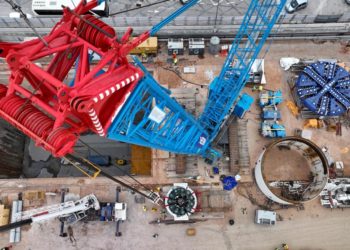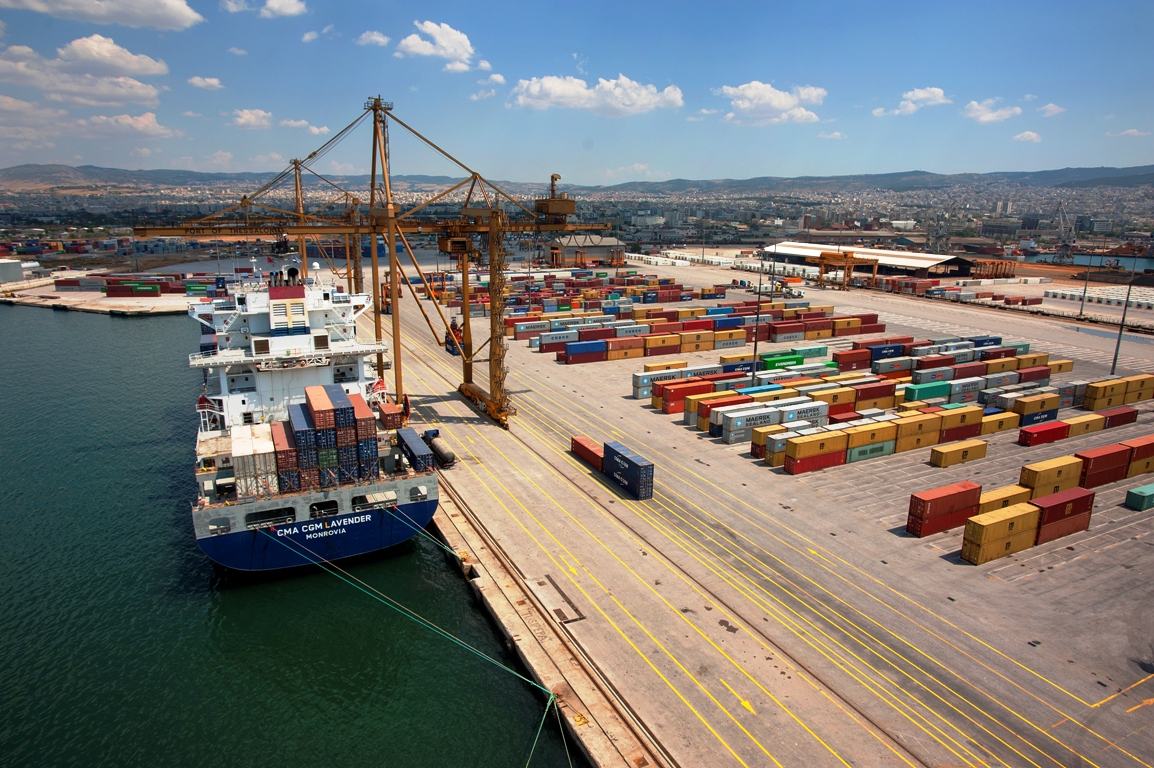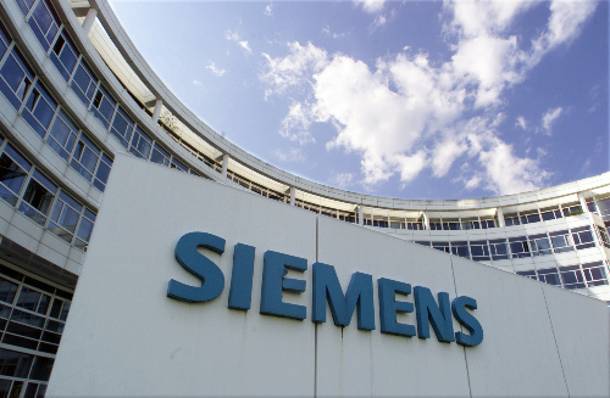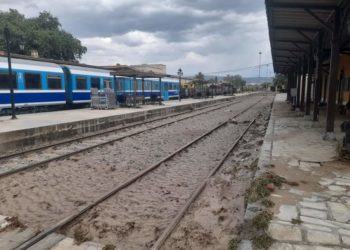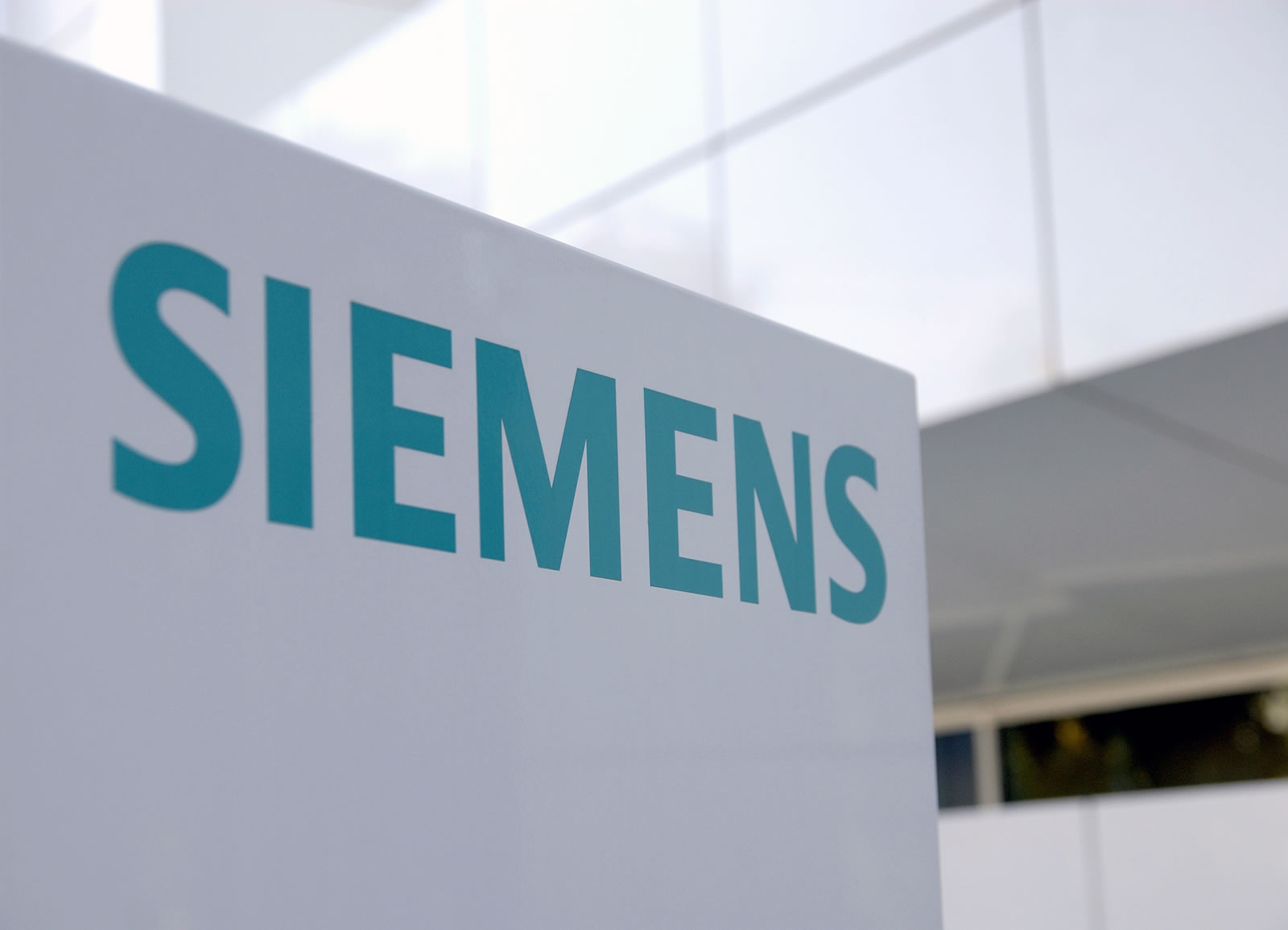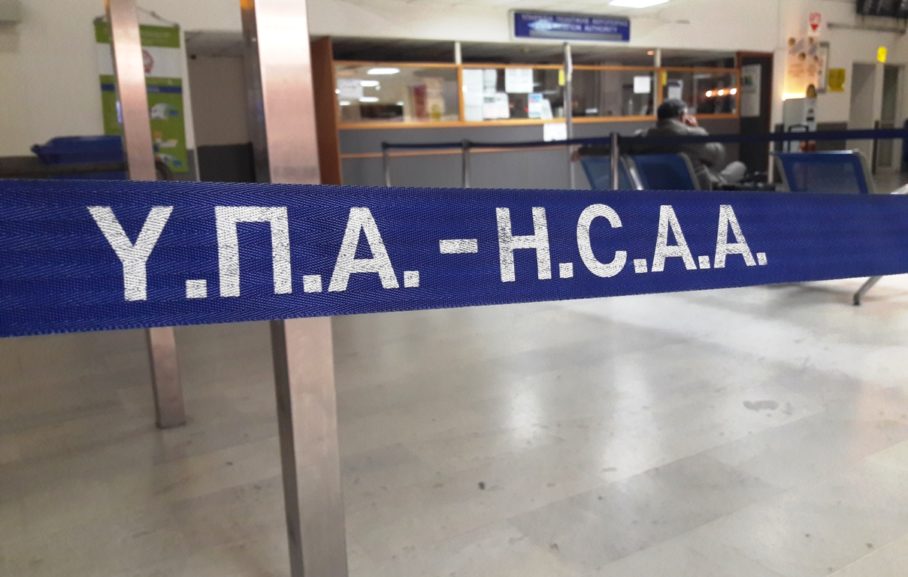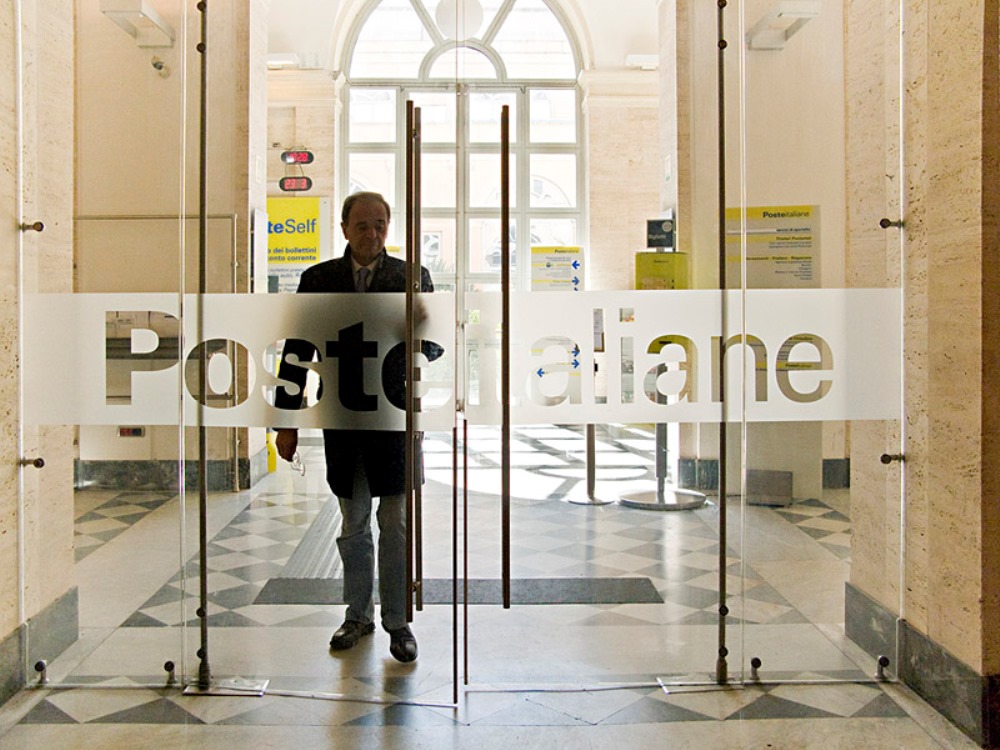Siemens will not make further concessions to save a rail merger deal with France’s Alstom even after European competition authorities demanded further concessions, sources familiar with the matter said.
Siemens is ready to walk away from the tie-up which was announced in Sept. 2017, a source familiar with the matter said.
“If the Commission refuses, then we cannot do the deal,” this source said, “Then this topic is over.”
Siemens has already offered to license parts of its high speed train business and sell parts of its signaling operations to meet the concerns of the EU authorities who are worried about stifling competition in the rail sector.
But a key disagreement remains around how much of its high-speed train technology – which allows trains to travel faster than 250 km per hour – Siemens should be made to share with third parties.
The first source said the fate of the merger now rests with the European Commission, which is due to make a ruling by February 18. Siemens still considers the merger with Alstom to be the best option, the first source explained.
The deal would create the world’s second largest rail company with combined revenues of around 15 billion euros, roughly half the size of China’s state-owned CRRC Corp Ltd but twice the size of Canada’s Bombardier.
If the merger is not approved, the German company remains confident about the growth prospects for its own in-house rail technology division – called Siemens Mobility, sources said.
Growth opportunities included potential acquisitions, the first source said, although a collaboration with Bombardier is not on the agenda.
“We will consider all options,” the first source said, including a potential float of the Siemens mobility business with Siemens keeping a stake.
“We absolutely believe that we can develop our business as it is today in a very attractive way,” said the first source.
Alstom on Thursday said it was making progress on the deal and was optimistic it could be completed in the first half of 2019.
“The proposed combination of Alstom with Siemens Mobility, including its rail traction drive business, has progressed in the last quarter,” Alstom said in statement, adding that both companies had presented proposals to win over regulators.
“The proposed remedies include mainly signaling activities as well as rolling stock products and represent around four percent of the sales of the combined entity. The parties consider that the proposed remedy package is appropriate and adequate,” added Alstom.
A company spokeswoman declined to comment on the outcome if the European Commission asked for more concessions.
In 2017, Siemens and Alstom agreed to merge their rail operations, creating a European group better able to withstand the international advance of CCRC.
The German government has given its backing to the merger, saying it would help secure the competitiveness of the European rail industry. France has also said a decision to block the merger would be a mistake.
However Germany’s antitrust authority and four other national regulators have expressed concerns to the European Union’s competition watchdog.
In December, European antitrust commissioner Margrethe Vestager voiced her doubts over the impact that their deal would have on high-speed trains in Europe.
(Reuters)

